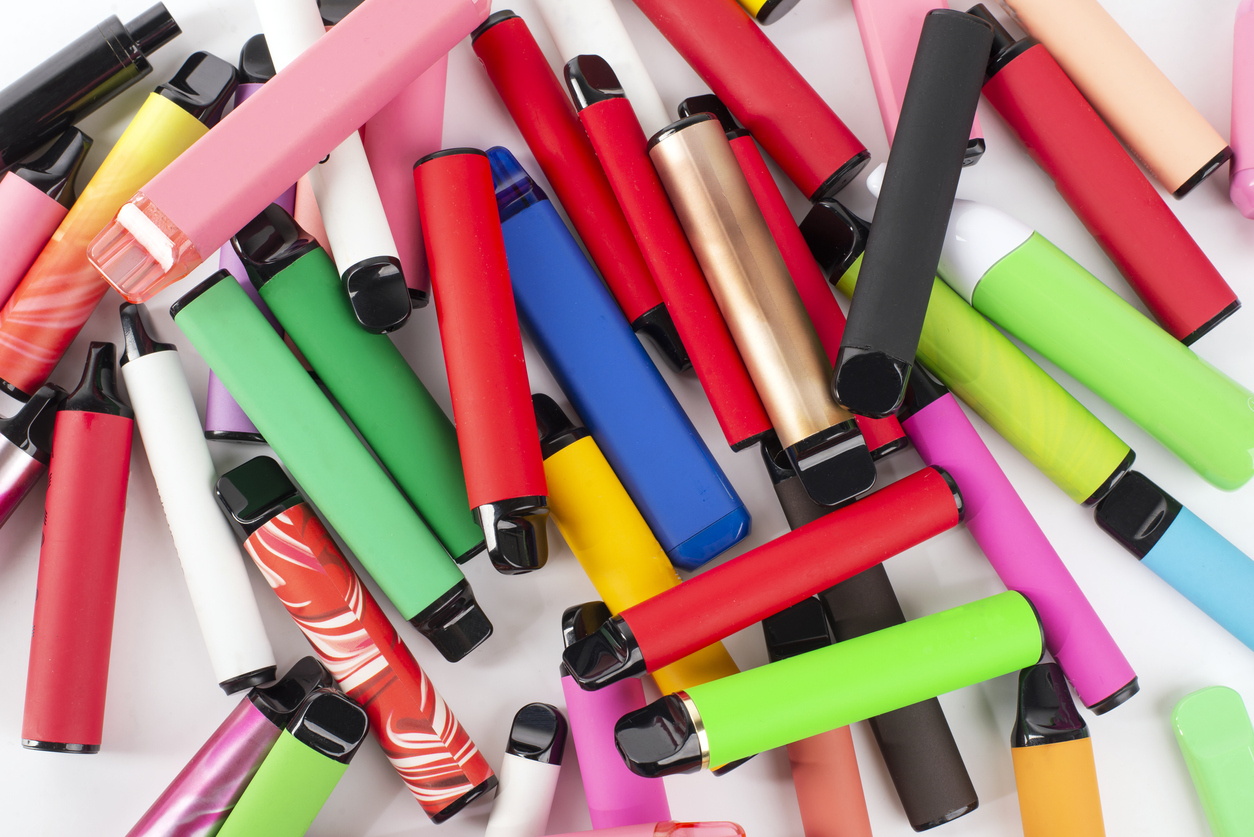Proposed restrictions and bans on disposable vape ‘short-sighted and counterproductive’: NNA
February 20, 2023

Consumer body New Nicotine Alliance (NNA) has criticised the recent proposals to restrict or ban disposable vaping products as short-sighted and counterproductive.
Earlier this month, Dr Caroline Johnson MP introduced a ten minute rule bill proposal in the House of Commons to ban single use disposable vaping devices. It will now have its second reading on 24 March.
Additionally, the Local Government Association proposed adding vaping products to the tobacco display ban and imposing plain packaging while Action on Smoking and Health (ASH) suggested a tax of £4 per disposable vape to make them more expensive than refillable devices in order to deter youth uptake.
“We question whether there is a better way of dealing with the problems that single use devices pose, as some of the measures proposed will almost certainly be damaging to public health,” NNA UK said in a statement.
While the concern about youth vaping is understandable, the organisation noted that the latest ASH survey has highlighted that only 0.5 per cent of 11 to 17 year olds who regularly vape were not former smokers. In contrast, 14 per cent of children drink alcohol weekly, 9 per cent of kids take drugs monthly and 2 per cent of 11-15 year olds and 5 per cent of 15 year olds were regular smokers, according to ASH in 2019.
“In an ideal world, those under 18 would neither vape nor smoke but we need to consider that some will go straight to vaping, bypassing smoking. Would we really prefer them to have a few months or years smoking before they switch to vaping? It also needs to be noted that smoking is concentrated more in groups who have mental health issues and use Child and Adolescent Mental Health Services (CAMHS), young people in Looked-After Children’s services, and those who have been caught up in the criminal justice system. Even young people who have had more stress than normal because of COVID, missing school, increased social isolation and now the cost-of-living crisis causing distress in their family, might be turning to vaping to manage their stress rather than doing something worse – self-harm, for example,” the statement explained.
“It is clear that single use vape devices are popular among young people. But it seems to have been forgotten that 25 years ago the same demographic would have been initiating their nicotine use from smoking instead of vaping. We are seeing a generational shift of nicotine use from burning tobacco to using a far safer delivery device and if, as they will, adolescents are to experiment with anything, is it not far better that it be vaping than combustible cigarettes?”
The NNA pointed out that the more forward-looking stop smoking services regularly recommend smokers opt for a single use vape both as a cost-efficient entry-level product to help them quit, and for the purpose of trying out different flavours before opting for something more permanent.
“Banning the devices would close off this option for adult smokers seeking to quit. It would also affect older would-be quitters and those with disabilities, who say they find disposables easier to manage, without the added complication of filling a tank and changing coils,” it noted.
“Those who have already successfully quit using single use products would see their exit from smoking closed off and could relapse to combustible tobacco. Considering that smoking is predominantly prevalent amongst lower socio-economic groups, doubling the price of the products would have a similar effect; illicit tobacco would suddenly become attractive again from an economic point of view.”
The group warned that restrictions or an outright ban will result in many consumers giving up on vaping entirely and reverting to smoking.
“The proposals should be weighed against the other policy options available which could alleviate some of the perceived problem and would be more amenable to helping people switch. For example, zero rating VAT on refillable devices but not on disposables could be a nudge to better choices of device. A deposit scheme for single use devices and educational materials would encourage users to return them to be suitably recycled. If the goal is to make disposables less affordable to adolescents, raising the arbitrary EU-imposed tank size in single use vapes from 2ml to 10ml would make them more expensive than refillables. This would mirror the ban on sales of ten packs of cigarettes which was supported by public health groups to set costs of smoking beyond the budget of minors,” the statement suggested.
“We would urge policymakers to consider the damage that bans and restrictions on problematic products will have. It may make for a virtuous feeling for those who feel that “something must be done” about single use vapes, but that is not the same as doing the right thing for public health.”
